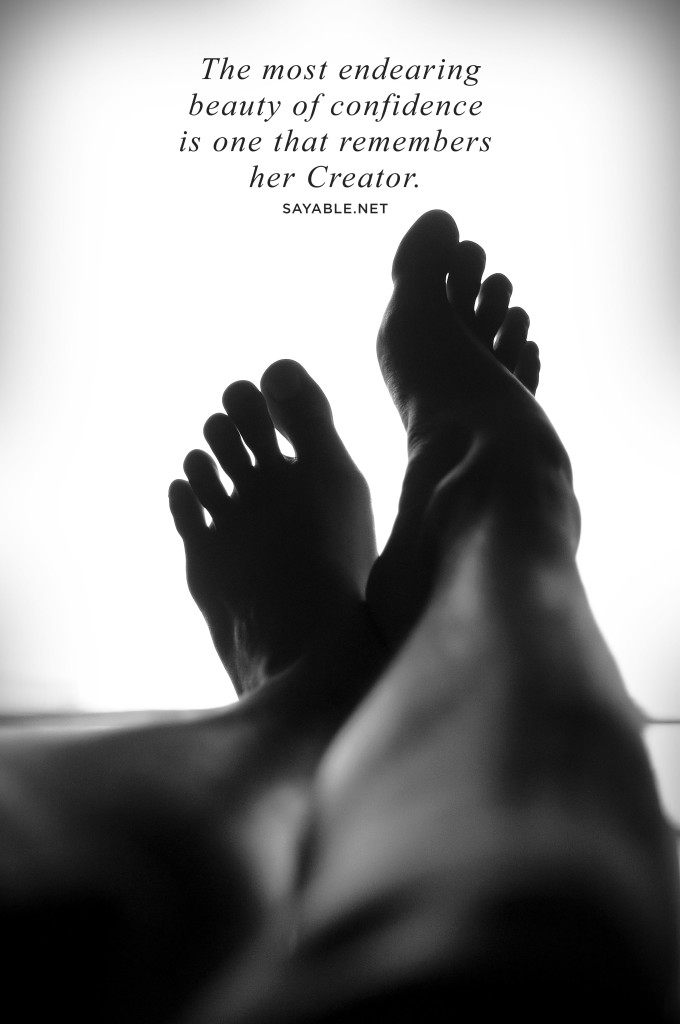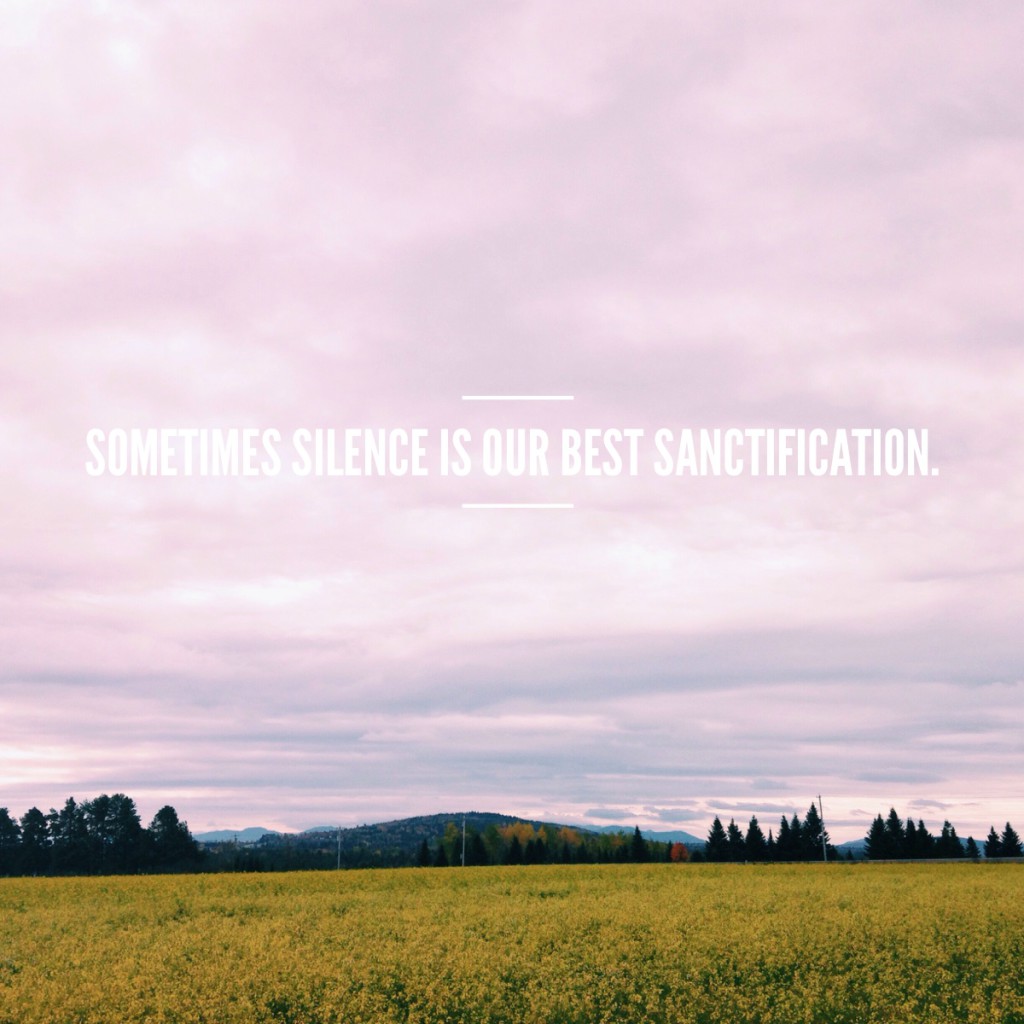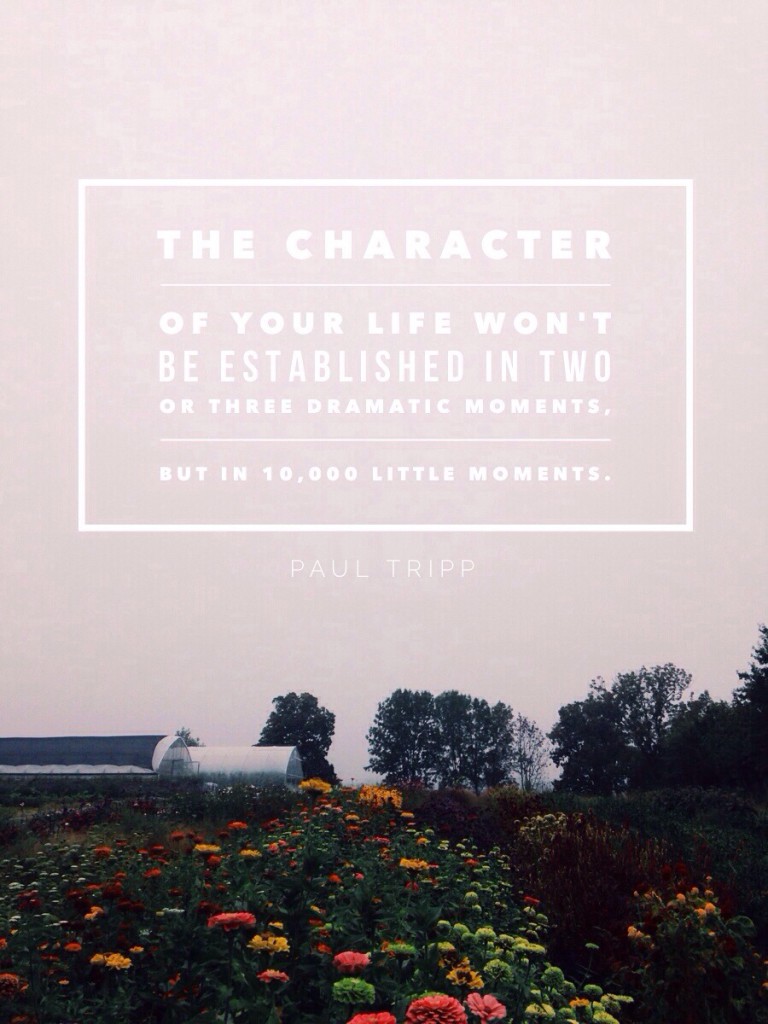The Quickest Way to Get Home
"What would take you away from Texas?" he asked and I paused. It's a good question, but it isn't the right question. "The real question," I said, "is what would make me stay?" And I can't answer that.
Planes, trains, and automobiles have been my home the past four months. I have traveled thousands of miles, had my affections stirred by mountains on the east coast, the southwest, far countries, and from airplane window seats. I have laughed hard, lived well, come home for short spurts of time, and it has been good. But tomorrow I go home for a long time and I cannot wait.
One who knows me well, who has survived my transient feet and wandering heart, said to me recently, "Lo, sometimes I think the thing that would make being in Texas okay is for you to just decide you're going to be here for a long time." Those words, and the question above, have been constants in my mind the past few weeks.
Zack Eswine, in his book, Sensing Jesus (which you should buy right now and buy for everyone you know), says, "The quickest way to get home is to stay there." Zack isn't making a case for staying when God says "Go," but he is making a case for staying still in a world full of reasons to leave.
The past five months, since the signing of the lease, I have been begging God for a reason to leave. The list is long and the opportunities many, but the longer the list grew, the more my love for here grew. I told a friend yesterday that I thought it was sweet of God to give me that love as a going-away present. "You're terrible at putting things where they belong," she said while laughing at me. What if that love is God's call to stay?
I can't ask that question without feeling an overwhelming sense God's love for me. It has been a long, long time since I've felt His love—I can mark the date and time when it started to unravel for me and it hasn't stopped. Lesser loves, golden calves, little foxes, and craven images: these crept in with aggressive and deceptive stealth. Always seeming to be good and always falling short.
For a long time I have felt the withholding of good things in my life, feeling as though God would give me a fish or bread only when I could not be sustained without them. That he would only give me necessary gifts, but not just-because gifts.
Charles Spurgeon said, in this morning's Morning & Evening,
If all these things are to be had by merely knocking at mercy's door, O my soul, knock hard this morning, and ask large things of thy generous Lord. Leave not the throne of grace till all thy wants have been spread before the Lord, and until by faith thou hast a comfortable prospect that they shall be all supplied. No bashfulness need retard when Jesus invites. No unbelief should hinder when Jesus promises. No cold-heartedness should restrain when such blessings are to be obtained.
Generous Lord, I'm knocking. I'm knocking for a great many things, but I'm knocking most of all for the belief that you are not only a God who gives what is necessary for life, but a God who gives what is abundantly beyond what is necessary.
Tomorrow I get on a plane to fly home from these New Mexico hills. I am homesick for my home in Texas—and that is a miracle, a secreted blessing I'm thanking Him for. But even more, I am homesick for Texas, for the people I love there, the church I can't believe calls me to it, the coffee-shop where I belong, the small pockets of joy, the conversations that bring me life and the life I can bring in return. That is abundantly beyond my expectations from late July when I only resented Him for making me stay.
I am learning the beauty of stilled feet.











